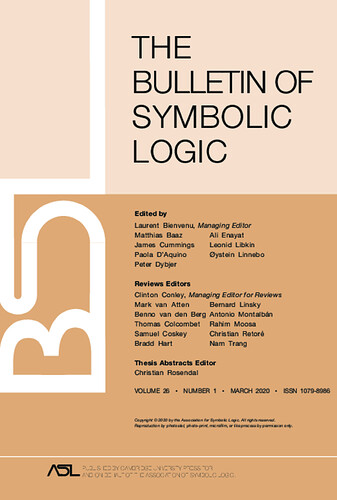This sums up my attitude regarding your understanding of mathematical logic and how it applies to both empirical science and mathematics.
If mathematics is the queen of science, and we apply Poppers ideas to mathematics itself, the TLDR is that Popper has been falsified.
I posed a simple question above: why should one accept, as a matter of logic Poppers’ proposed asymmetry between \forall x and \exists x? Carnap asked this and other scholars as evidenced by the link I posted above, also found it odd this was never answered.
Popper was a deductivist who claimed that only logical derivations can be trusted. That is another philosophical question that is debatable. Quine convincingly refuted it in his Two Dogmas of Empiricism.
As a simple point of classical logic, negation of one quantifier is a synonym of another. So as a point of logic, Popper is wrong.
In a particular context (ie. the free variables are bound to a model) perhaps Popper’s claim has some merit. The computer scientist Edgars Dijkstra correctly stated that testing a program and finding no errors does not demonstrate an absence of them.
A charitable interpretation of Popper leads me to see it as sufficiently close to Feynman’s notion of a scientist with integrity as to be interchangeable.
Blockquote
But there is one feature I notice that is generally missing in cargo cult science. That is the idea that we all hope you have learned in studying science in school–we never say explicitly what this is, but just hope that you catch on by all the examples of scientific investigation. It is interesting, therefore, to bring it out now and speak of it explicitly. It’s a kind of scientific integrity, a principle of scientific thought that corresponds to a kind of utter honesty–a kind of leaning over backwards. For example, if you’re doing an experiment, you should report everything that you think might make it invalid–not only what you think is right about it: other causes that could possibly explain your results; and things you thought of that you’ve eliminated by some other experiment, and how they worked–to make sure the other fellow can tell they have been eliminated.
A strict interpretation, using the development of mathematical logic and analysis as an example, leads me to conclude Popper’s philosophy is false.
At the time “Testability and Meaning” was written, a number of fundamental results were discovered in mathematical logic, which I’m certain Carnap was aware of. Popper, by remaining silent, skirted the critical issue.
The incompleteness theorems of Godel get all of the philosophical attention, but equally interesting are the consistency results of Ackermann and Gentzen in the late 20’s thru early 40’s. They independently used a similar method. Ackermann proved the consistency of Primitive Recursive Arithmetic (PRA), while Gentzen used PRA to prove Peano Arithmetic was consistent.
PRA (with transfinite induction) is a formal language that expresses the natural numbers, but does not have quantifiers as Peano Arithmetic does. Yet, the cardinality of the languages are the same. If PRA is the meta-language, and Peano Arithmetic is the object language, we can express meta-statements about Peano in PRA. This notion of “consistency” is a meta-notion of fundamental importance.
Godel produced a slightly modified version of a Gentzen consistency proof that is known as the Dialectica interpretation.
W.W. Tait extended this notion and placed it in a game theory context. In logic this is known as the “no counter-example interpretation.”
If we take a (Popperian) skeptic of mathematics, this proof compels him to admit 1. he has the burden of proof to produce a counter-example, and 2. a counter-example does not exist (up to \epsilon_0, Cantor’s smallest infinity – the set of natural numbers).
Taking this game interpretation further, if we extend the propositional calculus from a binary truth value to a continuous one, we get a system that is consistent with probability theory (see Algebra of Probable Inference by R.T. Cox) with the semantic notion of betting on future observations – first described as an implication of Shannon’s communication theory by J.L Kelly in A new interpretation of the information rate (pdf) and extended by the more recent work of Glen Shafer and Vladimir Vovk on building up probability with game theory as the foundation.
The advantage of this approach is the ability to express Keynesian notions of imprecise probabilities, along with computational considerations, that get swept under the rug in applications that Sander justifiably finds important to mention.

